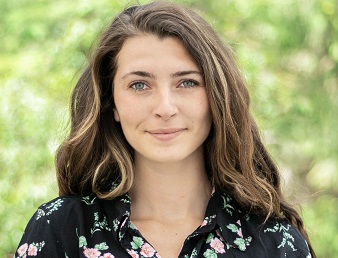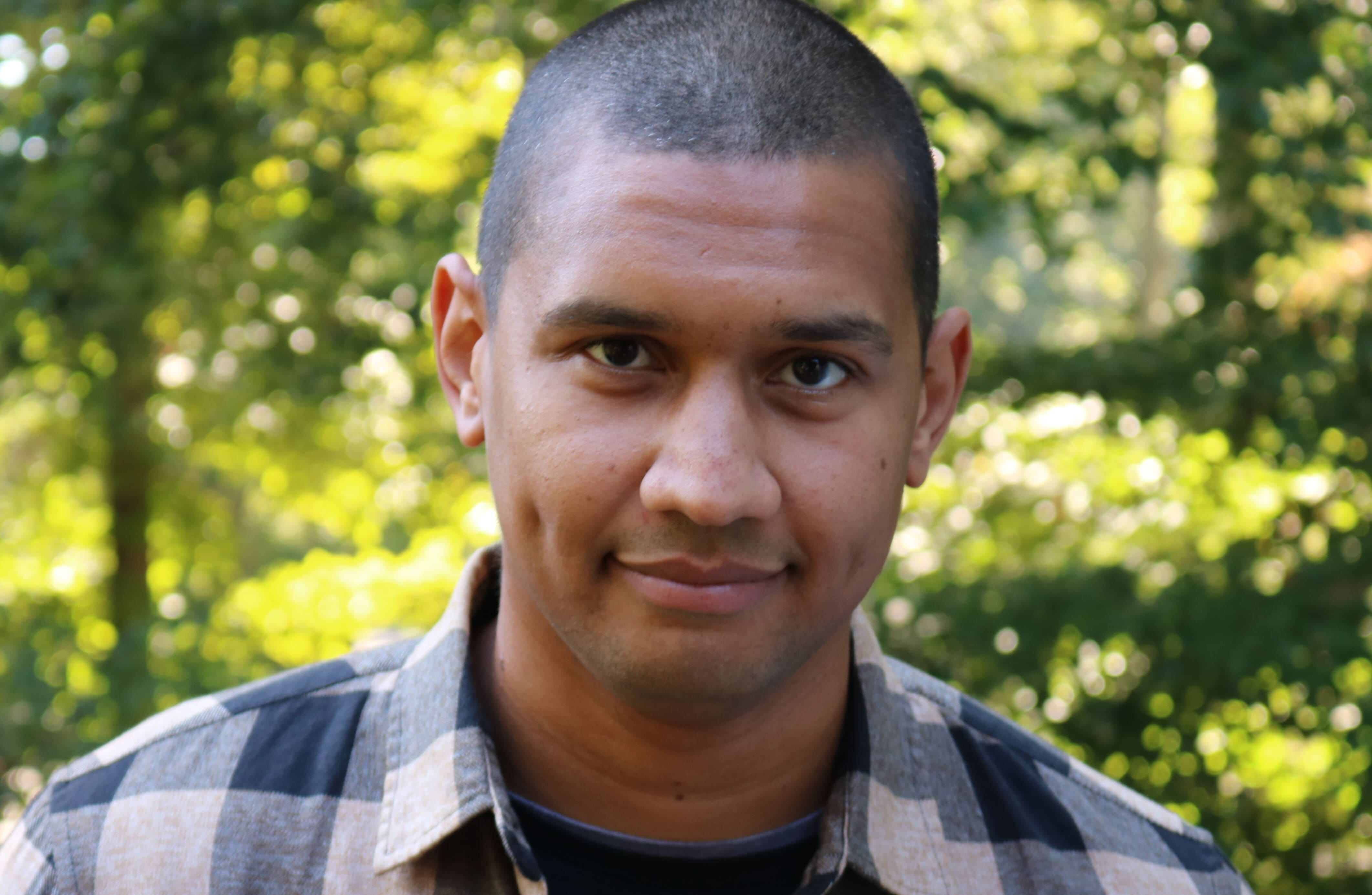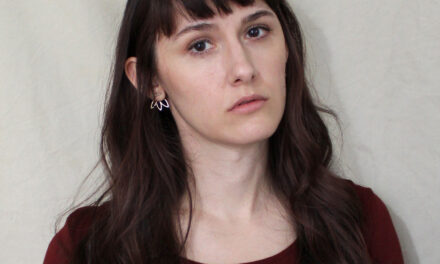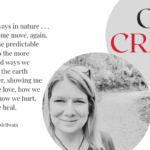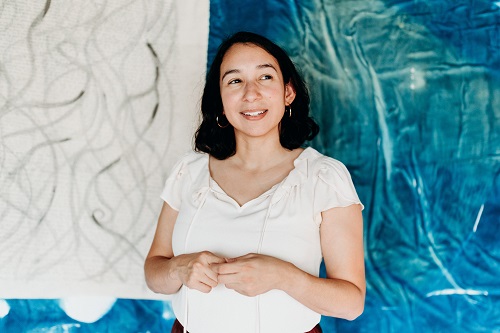
Assistant Editor Michael Alessi: Amanda Galvan Huynh’s flash essay centers on silences, distance, and the power of a single object to stand for the strained relationship between a mother and child. Like so many successful flash pieces, it tells its story through what’s left off the page, the absences we feel but cannot bridge. Neruda and Olds have made spoons into the subject of odes, but here, the condition of a decorative souvenir raises uneasy questions about the love we inherit and the love we pass on. Here, a spoon is more than a gift, an empty mouth cradling the speaker’s thumb; it’s a reminder rattling inside a shadow box, repeating, as it does throughout the final paragraph, the word broken.
To hear Amanda read the essay, click below:
Porcelain Spoons
As a newly minted divorcée, my mother traveled to Europe with her friends and bounced from Barcelona to Rota to Morocco to Kraków and then to Auschwitz. She wanted to go places she claimed my dad never wanted to go. Along the way she picked up souvenirs for my partner and me—small things that we didn’t need but that she felt she needed to buy. Two sets of a porcelain tea-bag coaster with the silhouette of a cat and a matching porcelain spoon: Made in Poland. It had been a year since I distanced myself from her and found a therapist. I told her I needed space, but she still called. Still texted. Still became agitated when I didn’t pick up on the first ring. Still enraged when I didn’t respond altogether.
I unwrapped the spoons, and one of the heads fell to the floor. The porcelain spoon arrived broken at the neck. In our living room, I sat with a piece in each hand. The blue flowers with black centers glossed in the light. I pressed my thumb into the spoon’s mouth and sighed. My partner asked Do you want to throw it away? I shook my head. It held more beauty than its intact partner spoon. I couldn’t throw it out.
Instead, I found a small white shadow box, laid it inside, and closed it in. My mother was mothering with this spoon. This was hers: black, blue, white, flowered, and fractured. Would mine look like this? Would it be soft and split—at the neck? The pieces tapped against the glass.
Amanda Galvan Huynh (she/her) is a Mexican American writer and educator from Texas. Her debut poetry collection, Where My Umbilical is Buried, is forthcoming with Sundress Publications in 2023. Currently, she is a doctoral student in English at the University of Hawai‘i at Mānoa.
For more miCRo pieces, CLICK HERE



